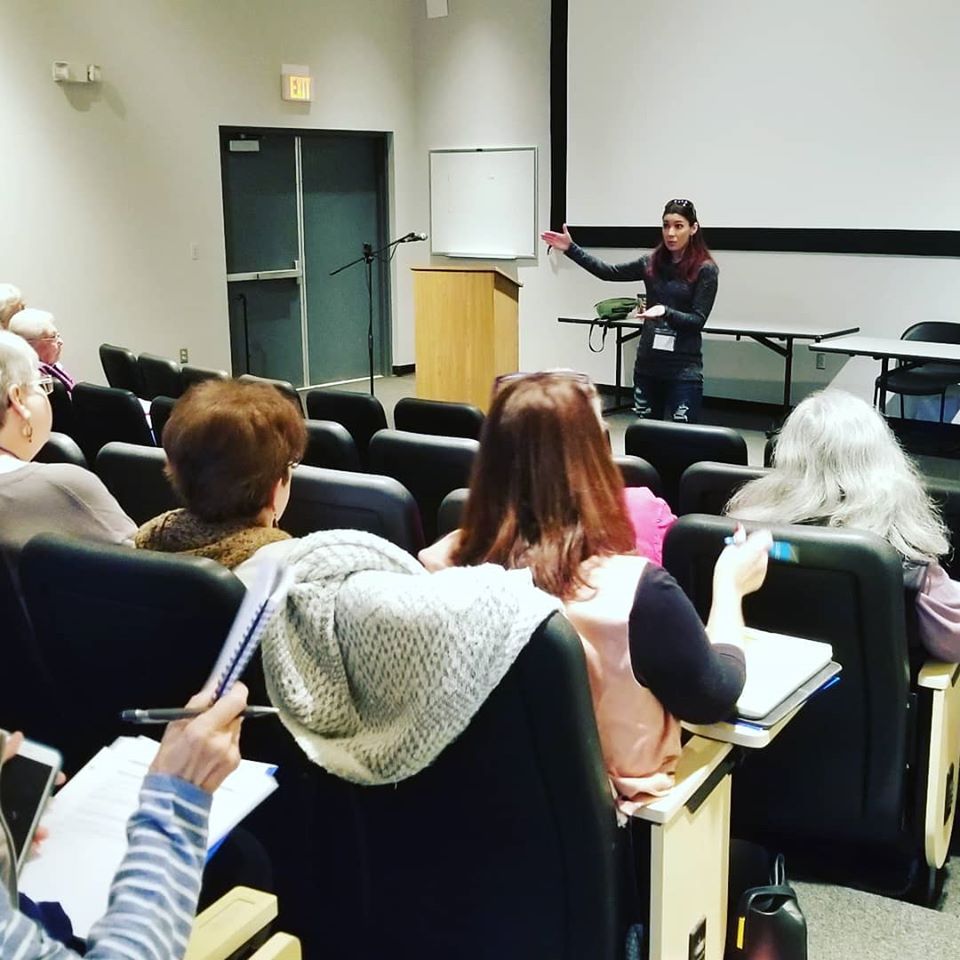Improve Your Content Marketing ROI, Don’t Let Blog Posts Die in the Archives

One of the biggest challenges the content marketers face is quantifying their return on investment (ROI). As the costs of creating content increase, brands have to justify spending more for an article that a handful of people will read and likely forget. Is the cost worth the expense?
Plenty of SEO professionals will explain that quality content is an important part of ranking well and that top-notch organic rankings take time. You’re not supposed to look at each individual article, but rather the upward trend over several months.
However, it is possible to increase your content marketing ROI in the short run. You just need to stop forgetting about what you wrote after you hit the publish button. Your content can provide as much value as you want if you keep putting it to work. This guide will tell you how.
Repost Content Without Alienating Your Audiences
If you look at any of your blog post analytics, you will likely see a spike in traffic from the day you published it, followed by a few small bumps in the months following. Unless that page ranks well in the SERPs, you’re not going to drive a ton of traffic unless you keep sharing it online and promoting it in your other marketing channels.
This creates a problem for marketers. They want to repost content on social media, but any fans that follow your page closely will be turned off by the stale content.
“You know that guy who tells the same story at every party, and everyone tunes out as soon as he starts talking?” Michelle Cyca asks at Hootsuite. “That’s how your audience feels when you repeat content—like they’d rather be elsewhere.”
The key is to be strategic about it. For example, if a food blogger curates a list of the best donut places in town, they can easily annoy customers by posting the same article four times over the course of three weeks. This is the type of reposting that customers hate and expert social media managers avoid.
However, if that blogger needs a social post and it happens to be National Doughnut Day, then they can easily share the article, especially if it hasn’t been posted in a while. Not only is this repost option relevant, but it is also more effective. The target audience is likely looking for a good donut to celebrate the day, and the blogger provides valuable resources that readers can act on.
To apply this to your brand, look ahead at national holidays and events that are coming up. (This is also a great way to fill in your social media editorial calendar.) Consider which events would pair well with the blog content you have previously written. You can also keep an eye on industry and national news to create brand tie-ins. This allows you to repost content effectively and after a period when most people have already forgotten about the piece.
Don’t Neglect Your Internal Links
Even if you never share your blog posts on social media, you can still make them work for you as you publish fresh content. It is easy to forget about the power of internal linking from both an SEO and user experience perspective.
“Google finds your posts and pages best when they’re linked to from somewhere on the web,” Meike Hendriks writes at Yoast. “Internal links also connect your content and give Google an idea of the structure of your website. They can establish a hierarchy on your site, allowing you to give the most important pages and posts more link value.”
When Google crawls your pages, it looks at both the internal and external links. These links help the search engine “read” your content. For example, it can better categorize the topics covered by the external links. In this case, I have linked to industry experts in the SEO and social media fields. Internal links help group your content into similar buckets. Google can better understand how one piece of content relates to another and how both pieces tie into your brand as a whole.
Of course, any good SEO strategy will also have a human element behind it. Internal links keep people clicking to other pages on your site. They provide background information to the main story or elaborate on an idea that you only have time to briefly touch on. Internal links can drive down your bounce rates and drive up your average time on site as users explore your content and learn more about what you have to say.
Every website has its own guidelines for internal linking. However, a few common best practices include:
- Limit the number of internal links to a reasonable range, typically between 2-5 per post.
- Keep the anchor text close to the target keyword on the page you are linking to. (Some websites want the exact keyword to be the anchor text.)
- Let internal links flow naturally within the body of the article. Don’t try to stuff them in if they don’t seem relevant to the rest of the piece.
You can always go back and add internal links where they are useful. If you regularly publish content without internal links, you may want to audit old posts to add them in.
Get Your Content Into the Hands of Your Sales Team
In complex B2B industries – and particularly for SaaS teams – sales departments spend a good amount of time explaining how their products work and why they are needed. They have to start with the most basic industry questions and need to be ready to answer anything. This knowledge is what separates an effective salesperson from the dozens of others you meet at conferences or networking events.
As a marketer, you can help your sales team. You can provide clear answers and information so they don’t have to go into detail with customers each time. You can also create persuasive materials that win customers over as they crawl through your sales funnel. Plus, this adds elements of expertise to your company. The client doesn’t have to take the salesperson’s word for it, they can learn more about the nature of your industry on your blog.
Review your content to see what materials can help your sales representatives close deals. Identify gaps in the information and place them on your content calendar. This makes your content a greater asset to the company and gives you ideas for the future.
Plus, there is no easier way to increase your content marketing ROI than to make it an essential part of the sales closing process.
Build Content Marketing ROI Into Your Ideation Process
Too many companies create blog content because they think it is an SEO silver bullet or because someone told them to at a conference or on a webinar. As a result, they publish posts and then forget about them. Publish and forget. Publish and forget – at least until something goes viral. However, you can start to plan your blog posts with your content marketing ROI in mind.
Consider which posts you would link to as you develop content during the ideation process. Make a note of any important days or notable events in advance so you can plan to reshare the posts. Fill in gaps in the content you have already created. This will take careful planning at first but will start to come naturally over time.
You will always have some blog posts that drive a higher content marketing ROI than others. However, if you keep driving traffic to your pages and getting the most out of your pages as a whole, then the value you get from your marketing budget will always be on the rise.












Recent Comments